
Researchers have found that getting a COVID-19 vaccine can help the body create a form of immunity against cancer - Photo: UF Health/Jackie Hart/PA
New research by experts from the University of Florida (UF) and the University of Texas MD Anderson Cancer Center (USA) shows that patients with advanced lung cancer and melanoma treated with immunotherapy checkpoint inhibitors have significantly longer survival times if they receive the mRNA COVID-19 vaccine within 100 days of starting treatment.
It is worth noting that this effect has nothing to do with COVID-19 vaccine prevention.
"The mRNA vaccine acts as a siren, activating the whole body's immune system. We found that even tumors that were previously 'resistant' to immune treatment became more sensitive," said Dr. Adam Grippin, MD Anderson Cancer Center (USA).
mRNA technology, which won the 2023 Nobel Prize in Medicine, is tasked with teaching cells to produce proteins that fight the SARS-CoV-2 virus.
However, with cancer, this mechanism can be “repurposed”: instead of instructing the body to make viral proteins, mRNA can instruct the body to recognize and attack cancer cells.
According to Dr. Grippin, the mRNA in the COVID-19 vaccine appears to strongly activate T cells, making checkpoint inhibitors more effective.
Thanks to that, lung cancer patients who were vaccinated had a 3-year survival rate nearly double that of the unvaccinated group.
In the melanoma group of patients, the average survival time was also significantly longer.
Interestingly, only mRNA vaccines (like those developed by Pfizer and Moderna) produce this effect, while traditional vaccines like seasonal flu do not.
Professor Jeff Coller, an mRNA expert at Johns Hopkins University, said this is valuable evidence that mRNA technology still has much untapped potential in treating complex diseases such as cancer.
The team is now preparing a new clinical trial, combining the mRNA vaccine with an immunotherapy drug, as an intermediate step before developing personalized mRNA cancer vaccines, tailored specifically to each patient.
In Vietnam, mRNA vaccines have been widely deployed in the COVID-19 vaccination campaign, making an important contribution to pandemic control.
Research like this opens up new avenues for precision medicine, where vaccines can not only prevent disease but also treat incurable diseases.
However, experts advise caution, as this is only preliminary data. Further testing will determine whether mRNA can be officially used in conjunction with cancer treatment in the near future.
If further results are confirmed, mRNA vaccines could become a dual tool, both blocking the virus and activating the body's own ability to heal itself against cancer.
A small step forward in research today could mean big hope for millions of patients in the future.
Source: https://tuoitre.vn/bat-ngo-vac-xin-covid-19-mo-ra-hy-vong-moi-trong-dieu-tri-mot-so-loai-ung-thu-20251023073231192.htm


![[Photo] Prime Minister Pham Minh Chinh meets with South African President Matamela Cyril Ramaphosa](https://vphoto.vietnam.vn/thumb/1200x675/vietnam/resource/IMAGE/2025/10/23/1761226081024_dsc-9845-jpg.webp)


![[Photo] President Luong Cuong holds talks with South African President Matamela Cyril Ramaphosa](https://vphoto.vietnam.vn/thumb/1200x675/vietnam/resource/IMAGE/2025/10/23/1761221878741_ndo_br_1-8416-jpg.webp)
![[Photo] Prime Minister Pham Minh Chinh chairs meeting on railway projects](https://vphoto.vietnam.vn/thumb/1200x675/vietnam/resource/IMAGE/2025/10/23/1761206277171_dsc-9703-jpg.webp)

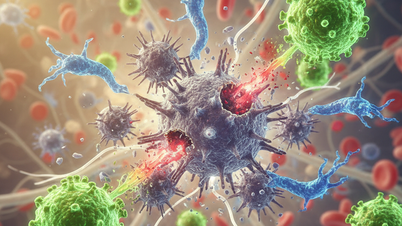

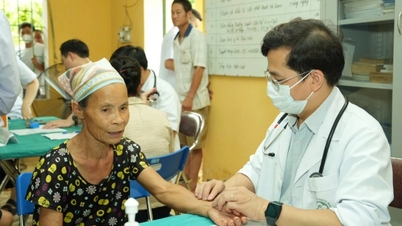











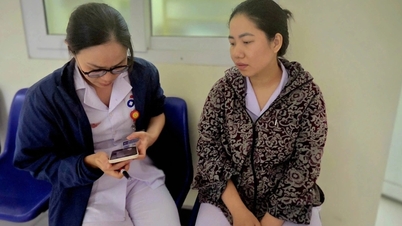


































































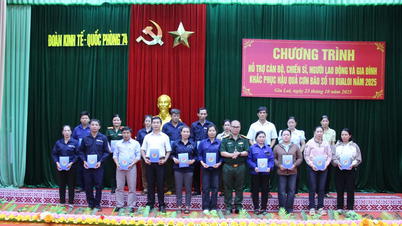

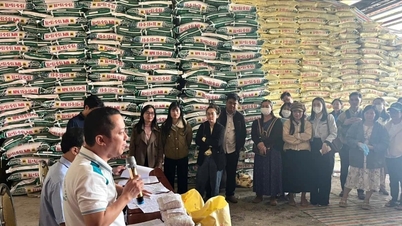














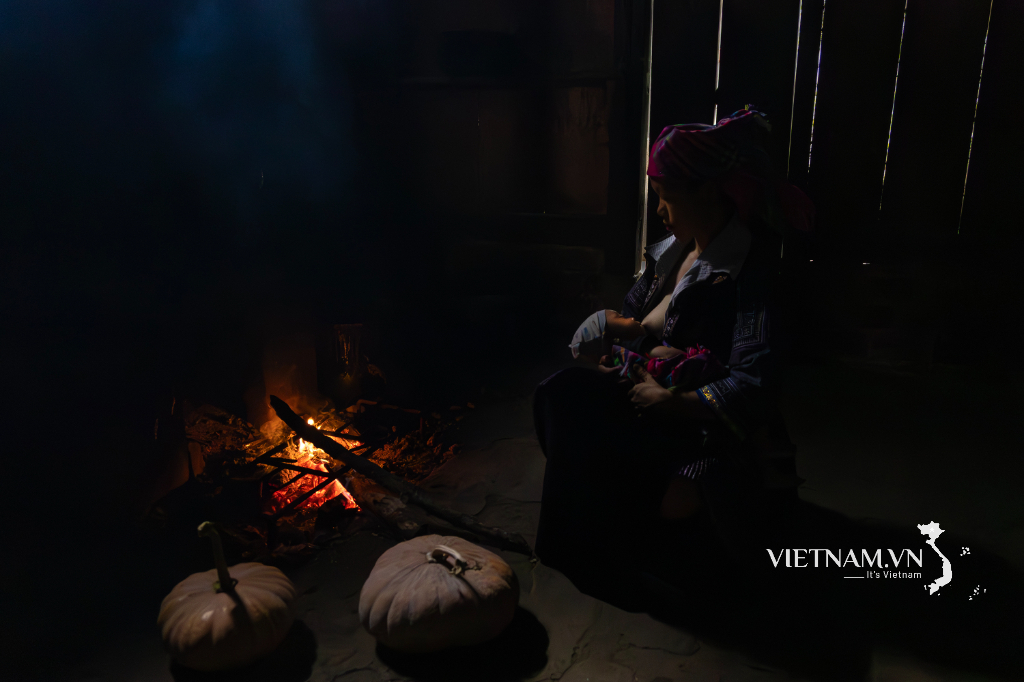



Comment (0)